Amid high inflation rate, grueling economic situation and high food and goods prices, the Buhari administration is under pressure to swallow the “pills” of the International Monetary Fund (IMF) being proposed to it.
IMF asked the Federal Government to urgently consolidate its fiscal policies to create space and reduce debt sustainability risks.
Specifically, it urged the government to increase Value Added Tax (VAT) from the current 7.5 percent and remove fuel subsidy without further delay in order to enhance long-term, inclusive growth.
It said: “Nigerian economy is recovering from a historic downturn benefitting from government policy support, rising oil prices and international financial assistance.
“There is a need for major reforms in the fiscal, exchange rate, trade, and governance areas to lift long-term, inclusive growth.”
IMF also called for significant domestic revenue mobilisation, including by further increasing the value-added tax rate, improving tax compliance, and rationalizing tax incentives.
It advised the removal of “untargeted fuel subsidies, with compensatory measures for the poor and transparent use of saved resources. They stressed the importance of further strengthening social safety nets.”
The 2021 report of IMF Executive Board Article IV Consultation with Nigeria, which was concluded on January 31, 2022, and released Tuesday, said.
While commending the authorities’ proactive management of the COVID-19 pandemic and its economic impacts, they noted, however, that the outlook remains subject to significant risks, including from the pandemic trajectory, oil price uncertainty, and security challenges.
In spite of the recovery in oil prices, IMF noted that the general government fiscal deficit is projected to widen in 2021 to 5.9 percent of GDP, reflecting implicit fuel subsidies and higher security spending, and projected at 3 percent for 2021.
“Moreover, the consolidated government revenue-to-GDP ratio at 7.5 percent remains among the lowest in the world”, said the IMF.
‘Officials initially offered to help but when the number of able-bodied citizens at the centre increased, they left us unattended to.
“Notwithstanding the authorities’ proactive approach to contain COVID-19 infection rates and fatalities and the recent growth improvement, socio-economic conditions remain a challenge. Levels of food insecurity have risen and the poverty rate is estimated to have risen during the pandemic,” the Fund also said.
“On the downside, low vaccination rates expose Nigeria to future pandemic waves and new variants, including the ongoing Omicron variant, while higher debt service to government revenues (through higher US interest rates and/or increased borrowing) pose risks for fiscal sustainability.”
IMF, however, cautioned that a worsening of violence and insecurity might derail the recovery gains.
On international trade, it noted:”Nigeria’s ratification of the African Continental Free Trade Agreement could also yield a positive boost to the non-oil sector while oil production could rebound, supported by the more generous terms of the Petroleum Industry Act.”
The IMF Directors welcomed the removal of the official exchange rate and recommended further measures towards a unified and market-clearing exchange rate to help strengthen Nigeria’s external position, taking advantage of the current favourable conditions.
They noted that exchange rate reforms should be accompanied by “macroeconomic policies to contain inflation, structural reforms to improve transparency and governance, and clear communications regarding exchange rate policy”.
They considered it appropriate to maintain a supportive monetary policy in the near term, with continued vigilance against inflation and balance of payments risks and encouraged the authorities to stand ready to adjust the monetary stance if inflationary pressures increase.
Also, the Directors recommended “strengthening the monetary operational framework over the medium term – focusing on the primacy of price stability – and scaling back the central bank’s quasi-fiscal operations”, and welcomed the “resilience of the banking sector and the planned expiration of pandemic-related support measures”.
They agreed that while the newly launched eNaira could help foster financial inclusion and improve the delivery of social assistance, close monitoring of associated risks will be important, and also encouraged “further efforts to address deficiencies in the AML/CFT framework.”
The Directors emphasized the need for bold reforms in the trade regime and agricultural sector, as well as investments, to promote diversification and job-rich growth and harness the gains from the African Continental Free Trade Agreement.
“Improvement in transparency and governance are also crucial for strengthening business confidence and public trust,” the report added.











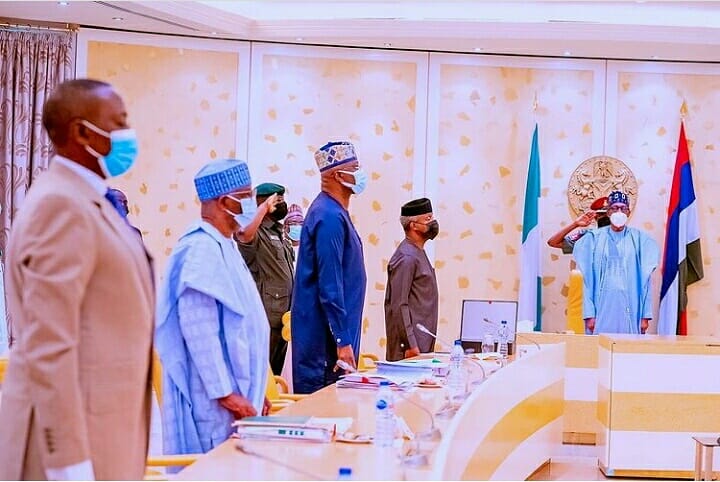







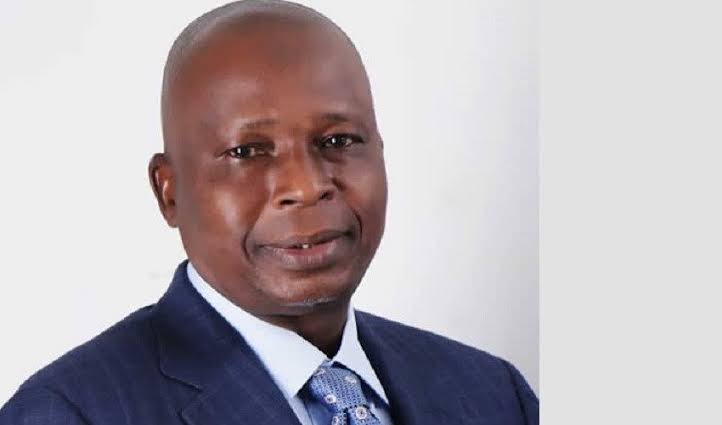

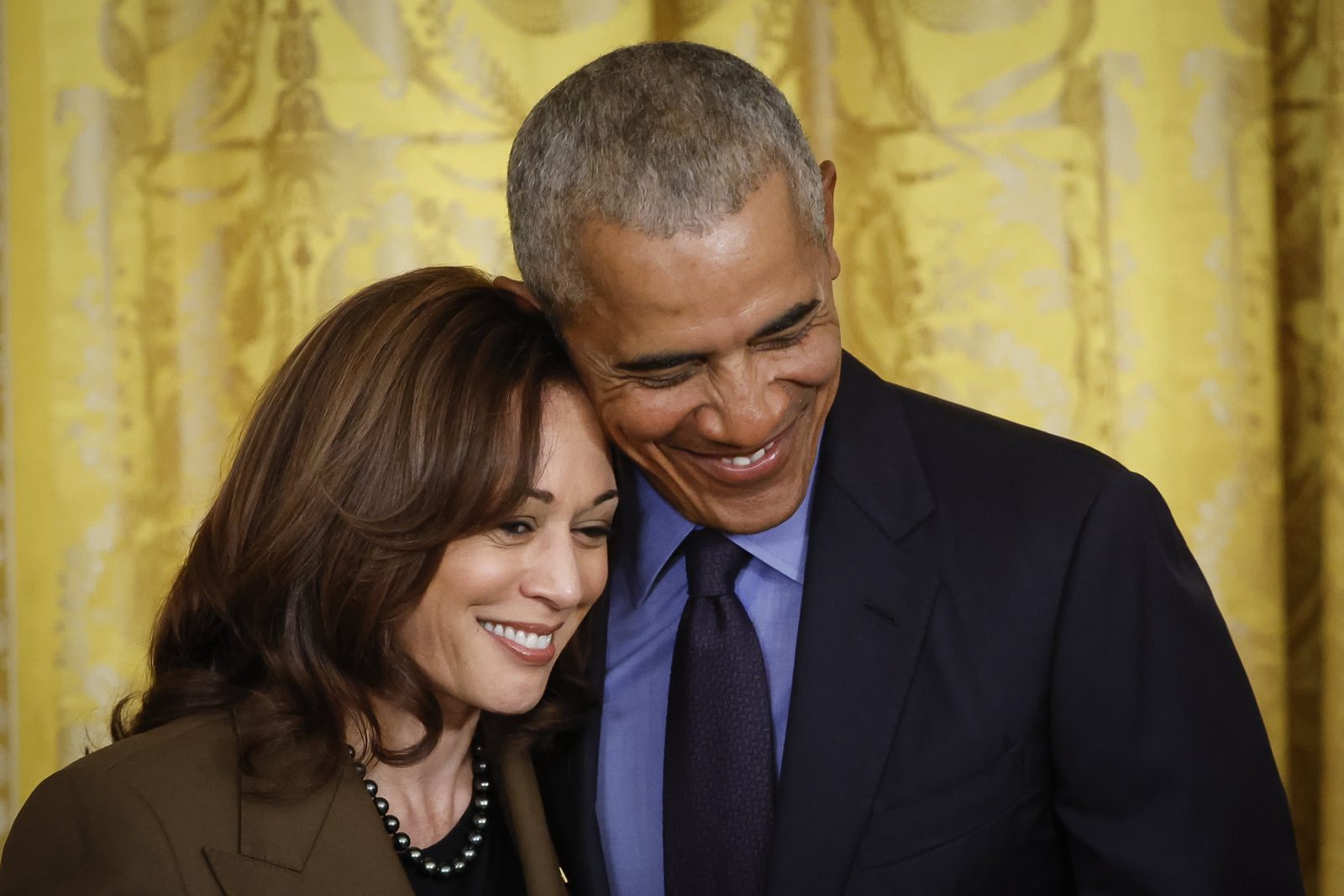



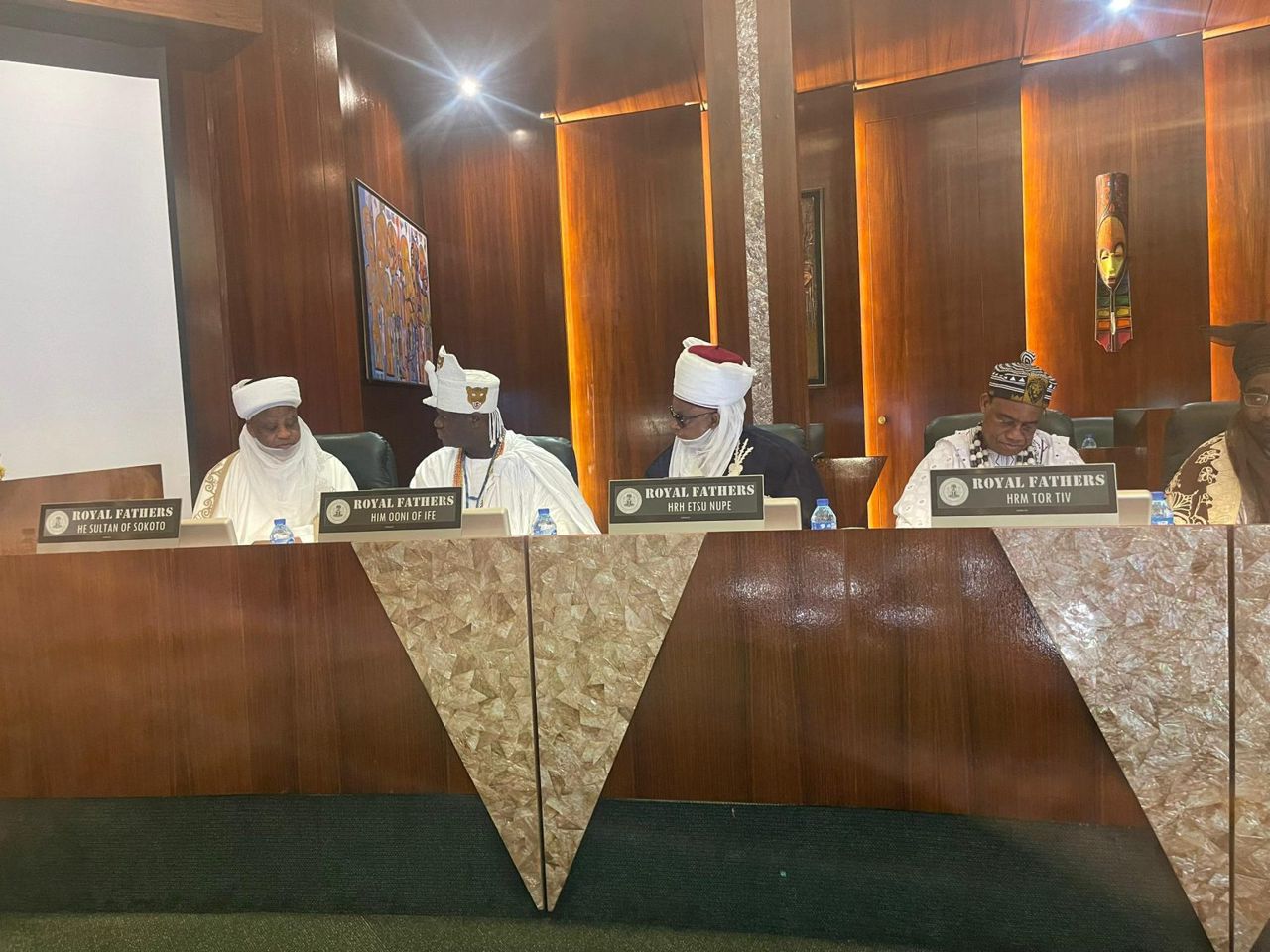

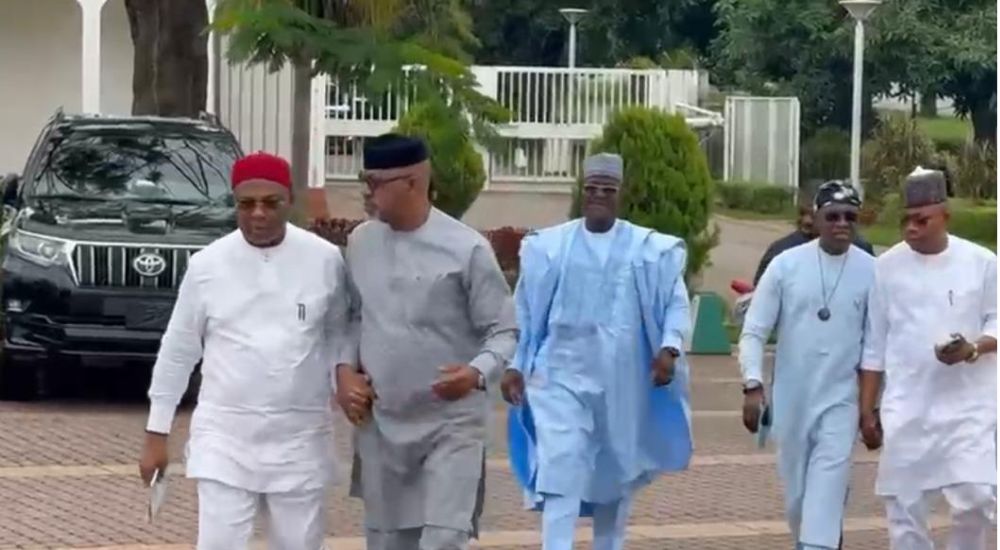



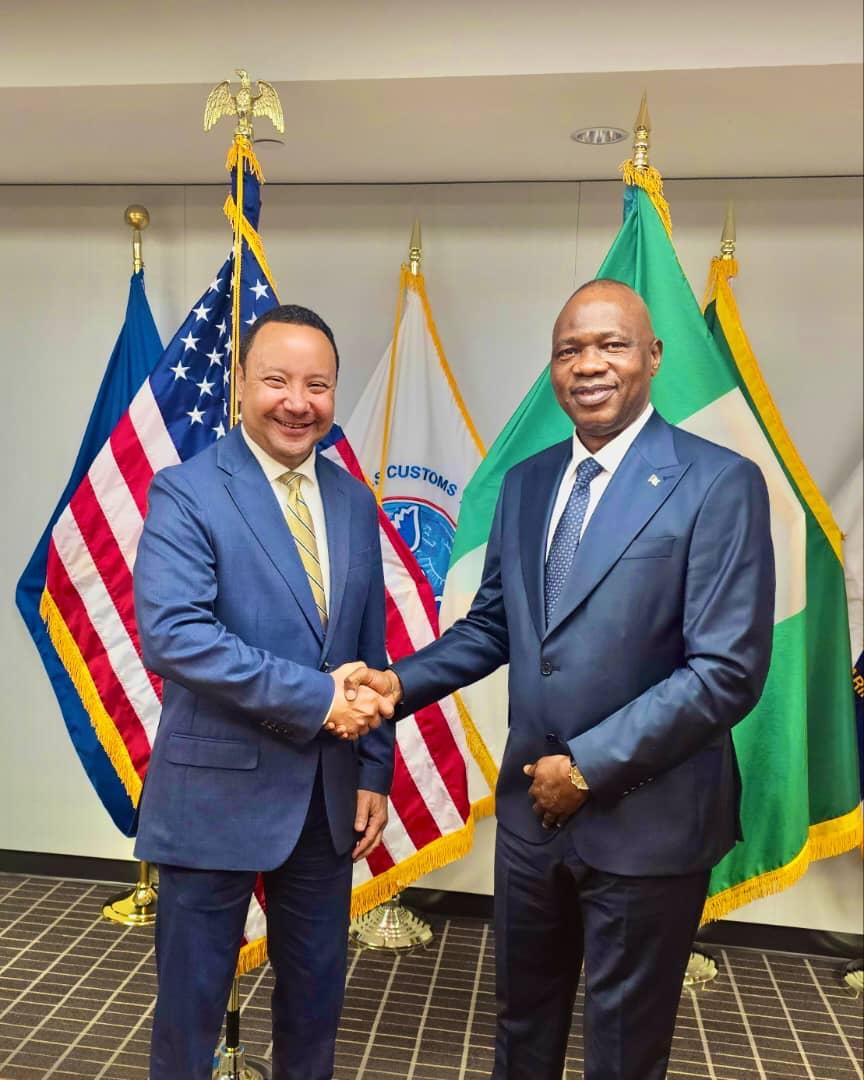
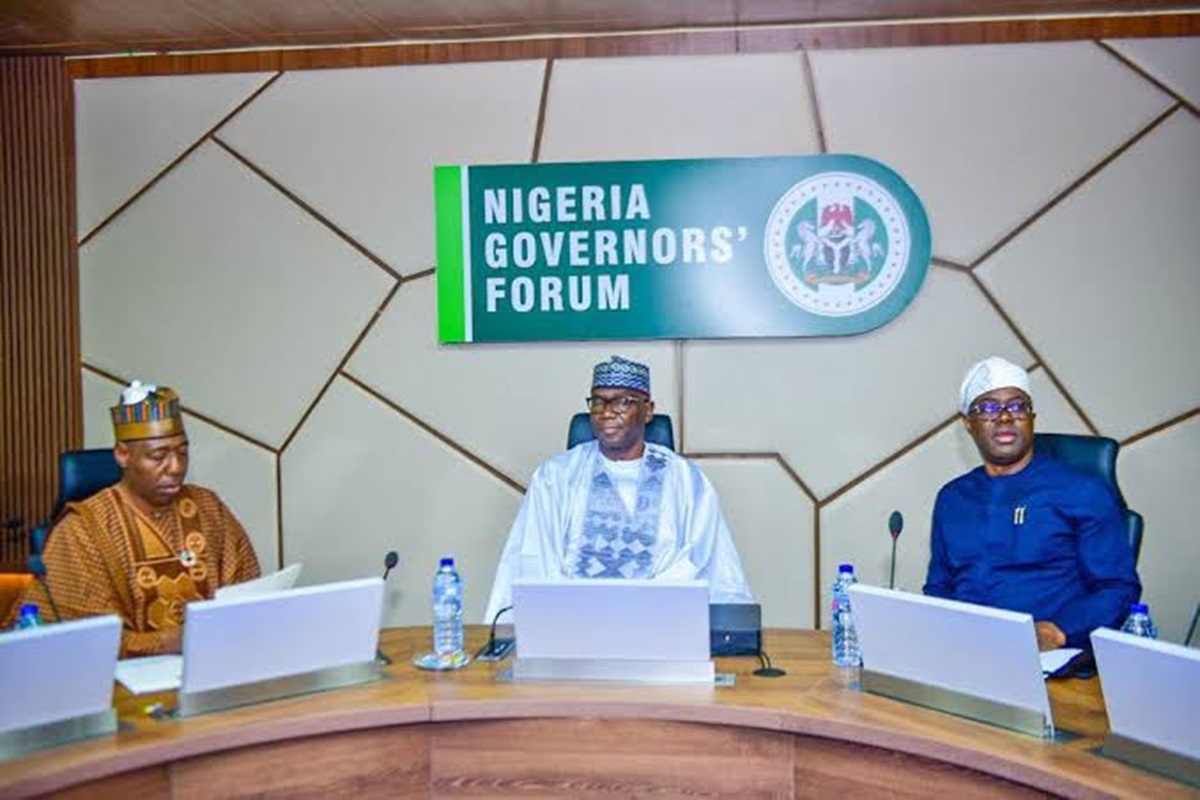
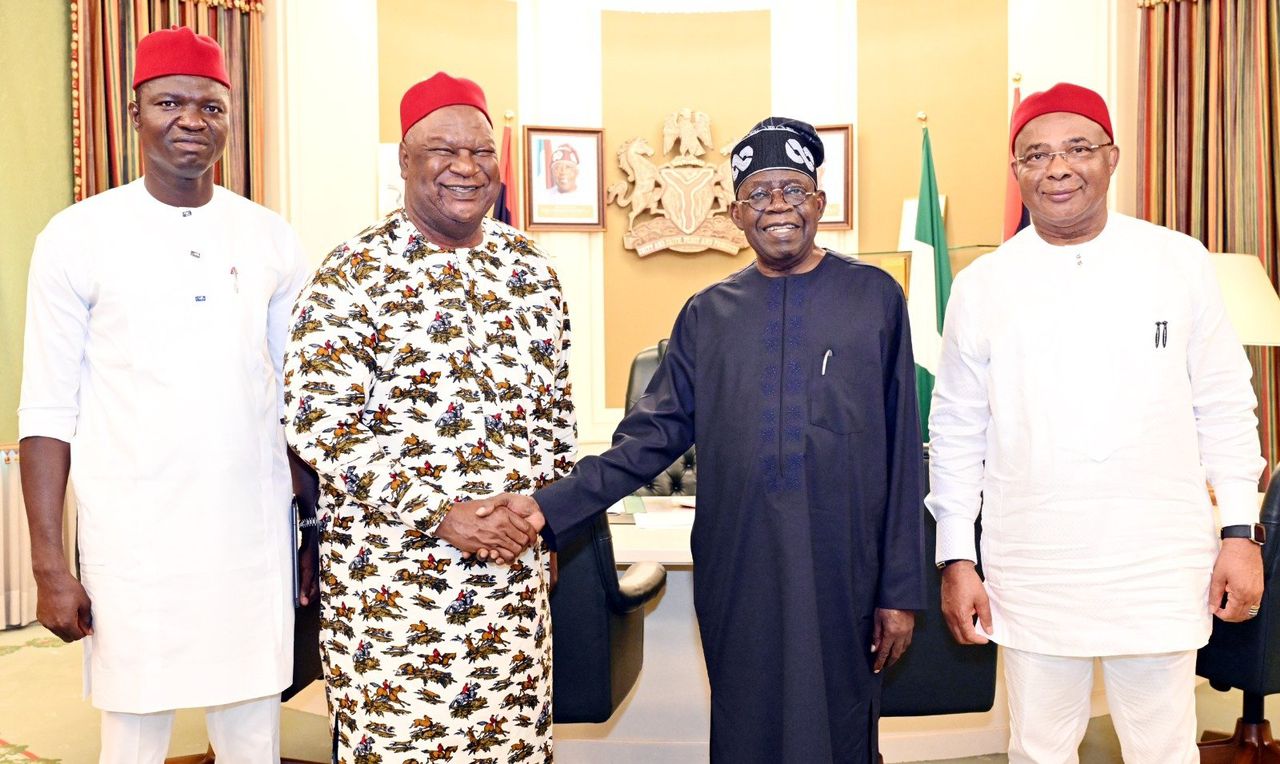

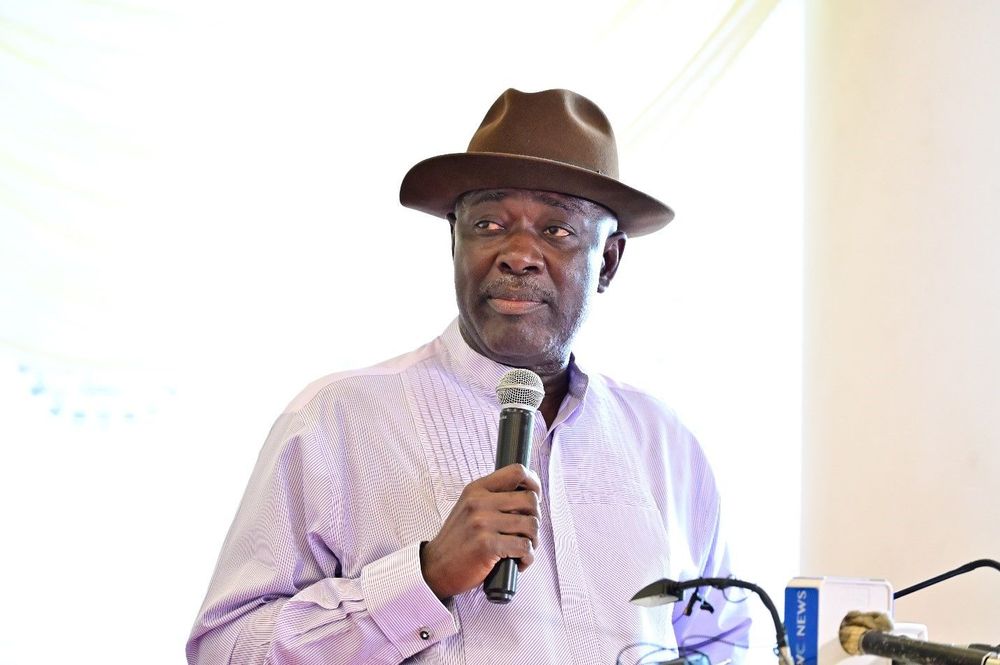

Leave a comment